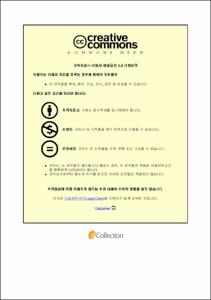한식체인점의 브랜드자산,음식과서비스품질,브랜드명성간의 관계
= The Relationship between Brand Equity, Foods & Service Quality, and Brand Reputation in Korean Foods Chain Restaurant
- Type
- Thesis
- Advisor
- 최창호
- Department
- 지식서비스&컨설팅대학원 지식서비스&컨설팅학과
- Issued Date
- 2016
- Publisher
- 한성대학교 지식서비스&컨설팅대학원
- Keyword
- 브랜드자산(브랜드인지; 브랜드 이미지; 브랜드정서; 자아일치성); 음식서비스품질(메뉴품질; 상호작용품질; 물리적 환경품질); 브랜드명성
- Appears in Collections:
- 지식서비스&컨설팅학과 > 1. Thesis
- Files in This Item:
-
-
Download
 000002227967.pdf
기타 데이터 / 921.43 kB / Adobe PDF
000002227967.pdf
기타 데이터 / 921.43 kB / Adobe PDF
-
Items in Repository are protected by copyright, with all rights reserved, unless otherwise indicated.